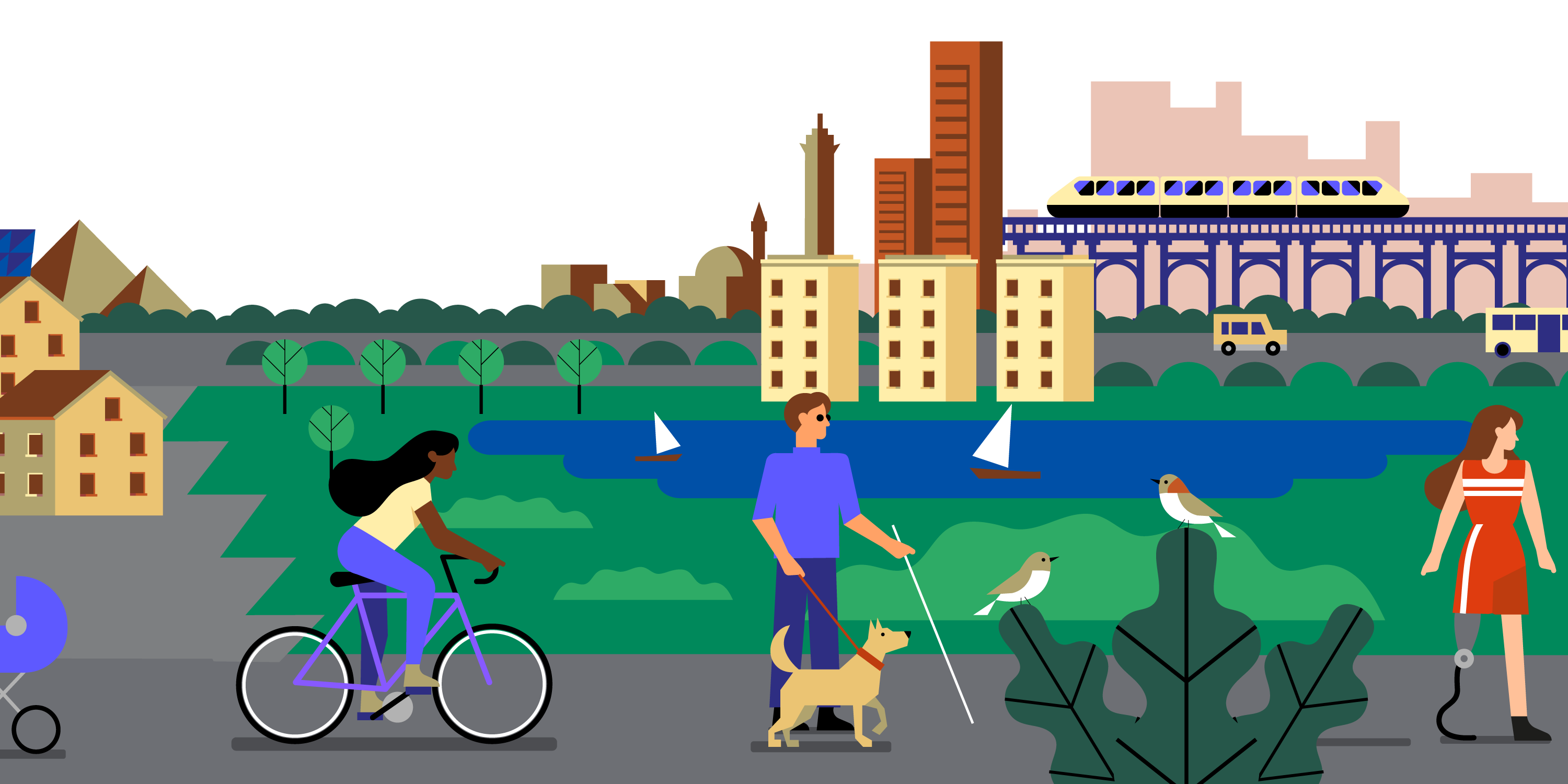25 November 2024
The ACWA Platform: Guiding Africa’s Cities Towards a Water-Resilient Future



Authors: Pablo Lazo, Aklilu Fikresilassie, Kobie Brand
In a time of polycrises – from economic and political instability to health and environmental emergencies – water is a resource that cannot be relegated to the background. Especially in urban environments, water demand is ever-increasing and in too many places reliable water is no longer a matter of convenience, but a matter of survival.
In 2020, an estimated 933 million people, or roughly one-third of the global urban population, were affected by water shortages. This number is expected to surpass 1.7 billion in the coming years due to more and more competing demands on dwindling water resources. Of course, urban water resilience varies greatly from place to place. In Africa, urban water scarcity challenges are particularly acute.
Rapid urbanisation across the continent means that African cities are expanding faster than the infrastructure required to sustain them. In addition, many African nations are governed by nascent institutions that are not fully equipped to respond to complex water needs and crises. Then, there is finance. Africa needs an estimated $66 billion annually to meet water and sanitation targets by 2050, yet per capita resources for cities like Addis Ababa, Johannesburg and Lagos are low.
The stakes are high: without substantial investments, millions will face poor access to safe and reliable water. With increasingly severe water crises on the horizon, investing in infrastructure is essential. But, infrastructure is only part of the solution.
A systems approach to urban water resilience is needed – one that considers not just the pipes and treatment plants, but the broader environmental, social and economic contexts in which water systems operate. Resilience, in this sense, means developing systems that can absorb shocks, adapt to changing conditions and continue to provide vital services in the face of stresses.

At the twelfth session of the World Urban Forum (WUF 12) in Cairo, ICLEI Africa were announced as new hosts of the African Cities Water Adaptation (ACWA) Platform Secretariat. The ACWA Platform is a powerful coalition building systems resilience in cities across Africa. ICLEI Africa will guide the Platform through an exciting new chapter, driving coordination, advocacy, and fundraising to expand its reach and impact alongside existing partners. This follows a successful two-year initiation phase led by WRI where the platform evolved to become a key player in Africa’s urban water landscape.

The 2030 Joint Agenda for Urban Water Resilience
The ACWA Platform’s support of systems resilience is articulated in part through the 2030 Joint Agenda for Urban Water Resilience. Announced at COP27 and co-developed with more than 25 partners, the Joint Agenda outlines a framework to guide cities in catalyzing a “whole of society” approach to building resilient water systems. The Joint Agenda identifies several core principles, including the need to integrate natural and built systems, prioritize justice and equity in water access, and promote governance structures that are transparent, inclusive and African-led.
A core value at the heart of the agenda is supporting catalytic leadership and talent in cities. Developing a cohort of water and natural resource professionals that are highly skilled and highly capable, supported by locally rooted and strong governance systems, and informed by partnerships across scales and geographies is key for African cities to address the barriers in front of them.
Through the ACWA Platform, the Joint Agenda has connected cities like Kigali, Johannesburg and Musanze with a coalition of expert organizations to co-create an enabling environment for visionary water resource leadership that can drive enhanced governance. In the long-term, the ACWA Platform aims to support cities to adopt transparent decision-making processes and accountability mechanisms that encompass multiple stakeholders, including local governments, private sector actors and community groups for sustainable water management practices.
The Joint Agenda also advocates for innovation. By leveraging emerging technologies, like digital tools and Self-Monitoring Analysis and Reporting Technology (SMART) technology, cities can better monitor and predict water demand and supply patterns, helping utilities manage resources more effectively and provide services efficiently. An inclusive, blue, circular economy is also a key component of the agenda: by valuing assets like rivers, lakes and aquifers, cities can leverage the potential of natural assets, enabling further innovation and job creation.
Cutting across these priorities is the need to have provide equitable water provision and flood protections for the most vulnerable. Expanding just access to water means ensuring that low-income neighborhoods and marginalized communities have consistent and affordable access to clean water, helping to reduce inequality and poverty. The ACWA Platform aims to directly serve, impact and empower these groups; not just seeing the most vulnerable as beneficiaries or recipients, but as actors with voice, knowledge and capacity to be active participants in generating resilience solutions.

Building a Resilient Future
Water is increasingly being pushed from the background to the foreground for many communities around the world. Local governments need to collaborate with other partners in a multilevel governance approach for the progressive realization of equitable water and sanitation services provision.
The ACWA Platform brings together a range of committed partners, including local communities, national government, private sector, researchers and international advocacy organizations, to support these processes. The ACWA Platform’s Secretariat leads and governs this coalition and for that reason WRI and other members of the Platform are thrilled to have the support of ICLEI Africa, with its deep network of local leaders, in carrying forward the Platform’s development.
Through identifying opportunities, designing effective water programming and mobilizing resources, WRI will be working with ICLEI Africa to support subnational governments and the ACWA Platform’s partners to ensure that urban water resilience becomes a reality for urban residents across Africa.

As climate and city leaders come together in Baku at COP29, advocating for an expanded role for cities and local leaders in global climate talks, water must lie at the core of their advocacy. The 2030 Joint Agenda lays out the path leaders must take to achieve water resilience, and the ACWA Platform stands ready to help cities deliver.

